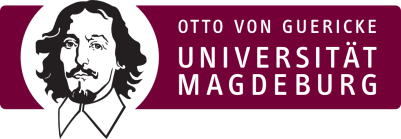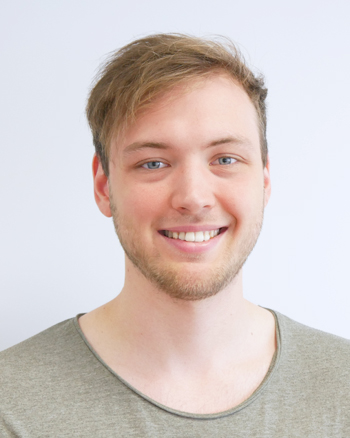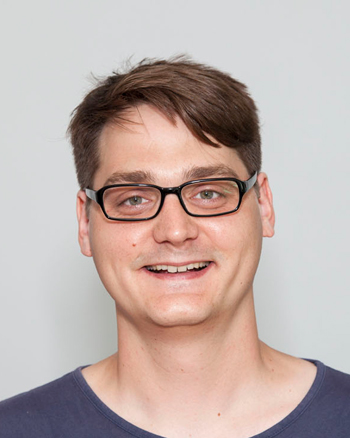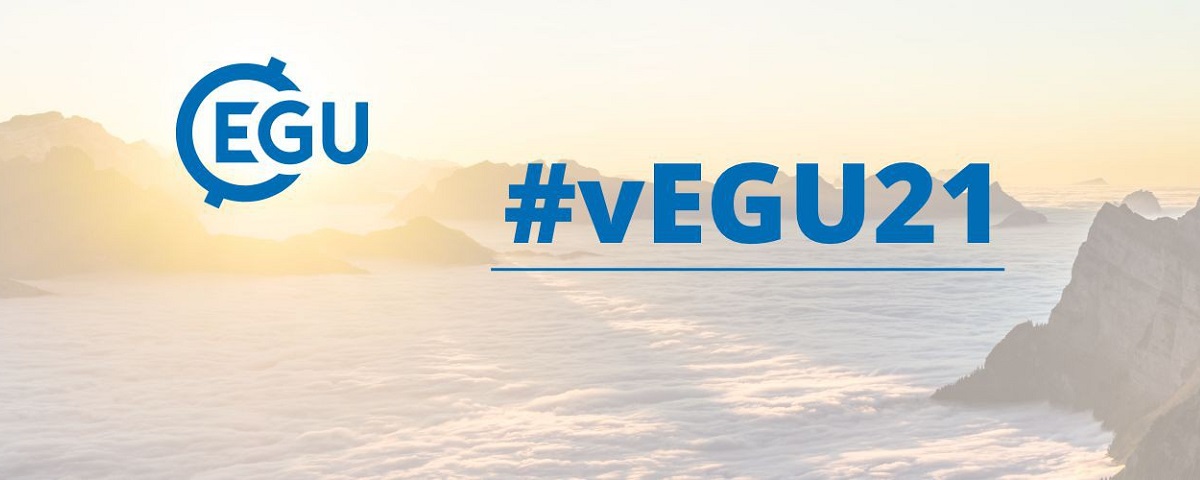
30.04. | Online-Conference “vEGU21”
30. April 2021Reducing grid peak load through the coordinated control of battery energy storage systems located at electric vehicle charging parks (Kucevic et al. 2021)
3. May 2021Automated comparison of energy scenarios – SIROP
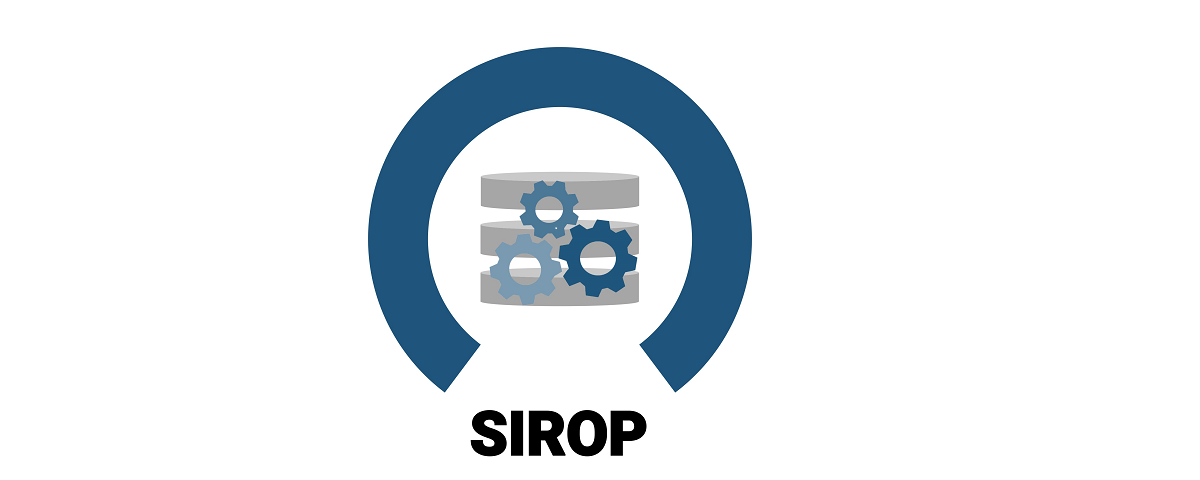
The project "SIROP: Towards Scenario Interoperability" aims to enable and (partially) automate scenario interoperability and scenario comparisons. This is an important step towards more comprehensible and reproducible energy system research.
Energy system research works with so-called scenarios - these are model calculations that enable a forecast of the future development of energy systems. They can be used to run through the technical and economic consequences of grid expansion, transformation of the energy system and climate policy decisions, and to modify them depending on which data are chosen as the basis. The core of the research work is to compare the different scenarios and to show which adjusting screws decisively change the result.
Research depends on comparability of energy scenarios
The models used to calculate scenarios are becoming increasingly complex, as more and more aspects have to be taken into account and often even different models are combined. Many scenarios from research projects are currently hardly comparable with each other. They have to be compared and checked manually, which is time-consuming. The goal of the SIROP project is therefore to establish basic functions for scenario interoperability, i.e. to enable different systems, techniques or organizations to work together.
SIROP builds on the predecessor project SzenarienDB : Here, the basic concept of "scenario bundles" (bundles) was developed and tested. Bundles combine scenarios from a set of machine-readable data sets and metadata. This provides a better overview and thus a better understanding of energy scenarios. In SIROP, these bundles are to be made comparable in a (partially) automated way and the comparisons are to be processed visually. The focus is especially on scenarios with reference character for energy system analysis. Thus, a very time-consuming part of the energy system research is eliminated and the research work can be done more efficiently and faster overall.
The tools of the Open Energy Family create transparency
SIROP is part of the Open Energy Family - a toolbox for open and structured data management. The tools it contains come from past and ongoing BMWi-funded research projects, including open_eGo , open_FRED, SzenarienDB, eGon and LOD-GEOSS. They all aim to enable transparency, traceability, and reusability of energy system research results, as this discipline is particularly dependent on transparent and structured data management and processing. All data and results created with the tools of the Open Energy Family are available to science, industry and society under free and open licenses.
Project duration: April 2021 - September 2024
Energy system research works with so-called scenarios - these are model calculations that enable a forecast of the future development of energy systems. They can be used to run through the technical and economic consequences of grid expansion, transformation of the energy system and climate policy decisions, and to modify them depending on which data are chosen as the basis. The core of the research work is to compare the different scenarios and to show which adjusting screws decisively change the result.
Research depends on comparability of energy scenarios
The models used to calculate scenarios are becoming increasingly complex, as more and more aspects have to be taken into account and often even different models are combined. Many scenarios from research projects are currently hardly comparable with each other. They have to be compared and checked manually, which is time-consuming. The goal of the SIROP project is therefore to establish basic functions for scenario interoperability, i.e. to enable different systems, techniques or organizations to work together.
SIROP builds on the predecessor project SzenarienDB : Here, the basic concept of "scenario bundles" (bundles) was developed and tested. Bundles combine scenarios from a set of machine-readable data sets and metadata. This provides a better overview and thus a better understanding of energy scenarios. In SIROP, these bundles are to be made comparable in a (partially) automated way and the comparisons are to be processed visually. The focus is especially on scenarios with reference character for energy system analysis. Thus, a very time-consuming part of the energy system research is eliminated and the research work can be done more efficiently and faster overall.
The tools of the Open Energy Family create transparency
SIROP is part of the Open Energy Family - a toolbox for open and structured data management. The tools it contains come from past and ongoing BMWi-funded research projects, including open_eGo , open_FRED, SzenarienDB, eGon and LOD-GEOSS. They all aim to enable transparency, traceability, and reusability of energy system research results, as this discipline is particularly dependent on transparent and structured data management and processing. All data and results created with the tools of the Open Energy Family are available to science, industry and society under free and open licenses.
Project duration: April 2021 - September 2024
To the OpenEnergyPlatform (OEP)
Within the SIROP consortium, the RLI primarily performs the following tasks:
.- Expansion of the scenario database, feature development, and scenario comparisons:
- Conduct a requirement analysis on the scenario database
- Create a requirements and specifications document for scenario comparisons in the OEP
- Inputting and documenting progress in the Open Energy Family GitHub issues
- Integration of additional scenarios into the scenario database
- Performing and refining metadata and data reviews
- Development of review badges for standardization and review of the upload process
- Documentation of metadata and data reviews for pilot workshops
- Transferring lessons learned in LOD-GEOSS to
- Implementing and linking various data models from the power system modeling community
- Implementation of scenario bundles
- Optimizing the usability of the OEP
- Graphical integration of scenario comparisons.
- Implementation of an interface for scenario comparison visualization
- Conceptualization of advanced training modules and a pilot application
Funded by the Federal Ministry for Economic Affairs and Energy (BMWi).
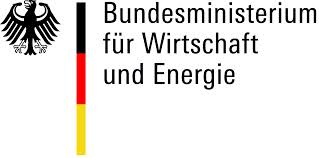
Coordinated by the Projektträger Jülich (PTJ).
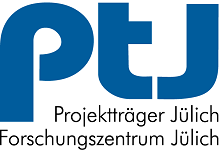
Research at RLI is supported by the Reiner Lemoine Foundation.

Coordinated by the Projektträger Jülich (PTJ).

Research at RLI is supported by the Reiner Lemoine Foundation.







